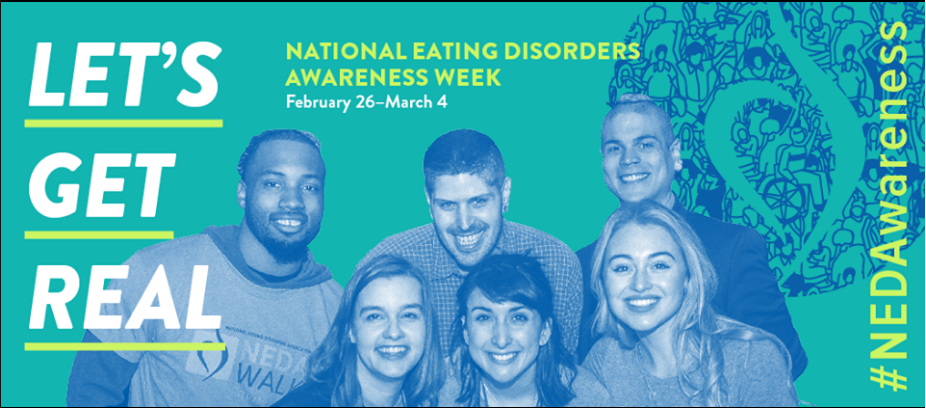The following is a wonderful discussion of floating and eating disorders, by OlyFloat in Olympia, Washington. I wanted to repost this great resource here in full, in the hope that it could help someone in our community.
Side note: you may have come across Emily Noren’s book “Unsinkable” in our float library, and if so, you know floating was a pivotal part of her journey back to wholeness and health. If not? The full text of “Unsinkable” is here on Emily’s website.
February 26th through March 4th is National Eating Disorders Awareness Week. Anorexia Nervosa is the deadliest psychiatric disorder, and the least-funded. If anyone you know is suffering from an eating disorder, among many other interventions, please consider gifting them flotation therapy.

Floating can help manage the psychological symptoms of ED through restoring one’s personal perception of their body to a more real (non-exaggerated) state. Though when you’re in a float tank you are in a sensory deprivation environment, your so-called “interoceptive awareness” – your awareness of internal sensation – becomes heightened. Dr. Justin Feinstein of the Laureate Institute for Brain Research theorizes that the heightened awareness of interoceptive sensations can bring your body perception back to a more grounded place.** As Emily Noren wrote in her biography of healing from ED with floatation therapy, ‘Unsinkable: My story of discovering float tanks and reaching full recovery from anorexia and bulimia’:
“I made the choice to make more time for the people and activities I wanted and found ways to reduce stress so that it was all manageable. I found a sense of balance, the lesson Sandra (owner of The Float Shoppe in Portland) had been modeling for me all along. Where did that skill come from? The skill of mindfulness and being in control? The ability to challenge my old beliefs and see what else was possible? The courage to look fear in the face? It all happened in the float tank.”
At a neurological level, floating can help with ED as it can with all forms of anxiety disorder, by reducing activity in the self-referential areas of the brain – in particular, the posterior cingulate cortex – through reduction of sensory stimulation. A 90 minute break from an otherwise constant voice that nags at distorted imperfections and inadequacies. Floating is “learning how to meditate with training wheels,” and is a serious tool for personal freedom for many people, including those suffering from ED-related ruminations.
Important notes:
– You are safe in our space
– You are in control, and can exit the tank at any time
– You absolutely deserve recovery
– You have the ability within you to heal, with the right tools and environmental conditions
If someone you know is suffering from an eating disorder, please let them know you care, and visit NEDA’s website to learn more:
**In a discusson on facebook, Emily noted: “LIBR’s study on interoception in the Float tank revealed that for patients with Anorexia Nervosa, interoception of their stomach area decreased, providing some relief.”